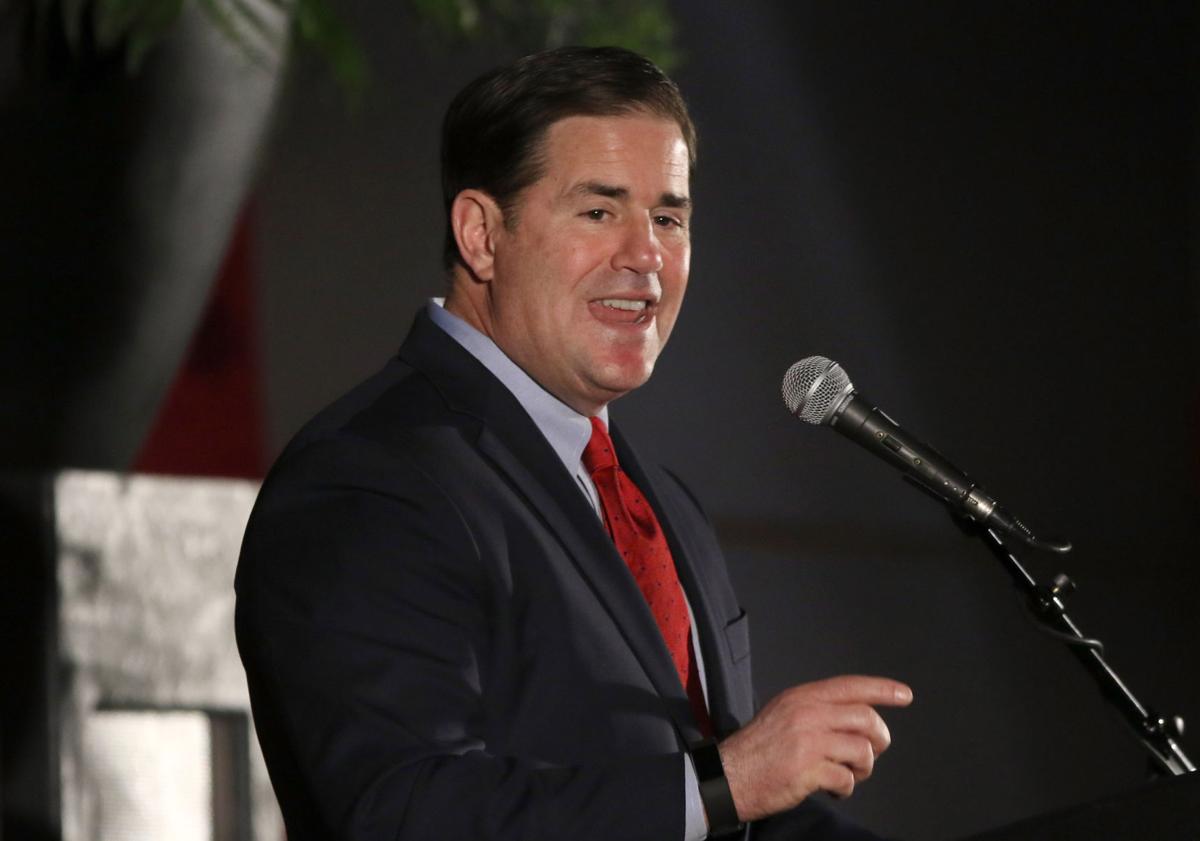PHOENIX — Saying he wants "a more aggressive approach," Gov. Doug Ducey wants legislators to put new limits on opioid prescriptions.
"Since I last stood at this podium, we've lost more than 800 Arizonans to opioids," the governor said.
"These are real lives and real people," he continued. "Gone."
"Families, marriages and lives torn apart, tragically and unexpectedly because of a potent drug misprescribed, overprescribed, and then, before you know it, it's too late," he said.
He promised more details when he calls for a special legislative session.
But Dr. Cara Christ, the state health director, already has provided some specifics.
She wants Arizona law to spell out that "opioid naive" patients should get no more than five days' worth of pills at any one time. She said there is usually no need for anything more than that.
Christ added there is medical evidence that the chances of addiction increase sharply once patients take the pills for six or more days. And the governor himself said that 75 percent of those addicted to heroin nationally got hooked with prescription opioids.
Whether lawmakers are willing to go along remains to be seen. There is no evidence that the medical community has agreed to strict state-imposed limits on their prescription-writing privileges.
The governor, in his proposal, acknowledges that a strict five-day limit may not make sense in all cases, especially for people with chronic pain for whom opioids provide the only relief and who already have been taking them for a long time. His legislation would provide exceptions for such patients.
But Ducey suggested he will do more than seeking restrictions on doctors.
"This much I commit: All bad actors will be held accountable — whether they are doctors, manufacturers or just plain drug dealers," the governor said.
That goes to Christ's recommendations that the law be changed to allow prosecutors to go after manufacturers and distributors who unfairly and improperly market their drugs to doctors, allowing them to be charged as drug dealers.
At this point prosecutors are largely limited to civil remedies.
That's what is occurring now with the lawsuit by Attorney General Mark Brnovich who is charging that Chandler-based Insys Therapeutics effectively bribed doctors to recommend and prescribe their spray fentanyl, a powerful artificial opioid far more potent than the original. His lawsuit, pending in Maricopa County Superior Court, also goes after the doctors who took "speaking fees" and other financial compensation which Brnovich said amounted to a kickback for writing prescriptions when not medically necessary and in dosages higher than appropriate.
Christ also wants a limit of the amount of the initial dosages that can be given to patients who are getting the drug for a specific condition, like surgery.
She said dosages should be limited to less than 90 "morphine milligram equivalents." The Centers for Disease Control report that the risk of overdose doubles above 50 MME a day.
By way of comparison, that 90 MME figure is the same as 90 milligrams of hydrocodone or 60 milligrams of oxycodone.
Christ has acknowledge there are probably some patients already getting a higher dosage. She said that should be resolved with a requirement to taper off the 90 MME figure, albeit over a period of years.
She also said there should be certain exceptions.





